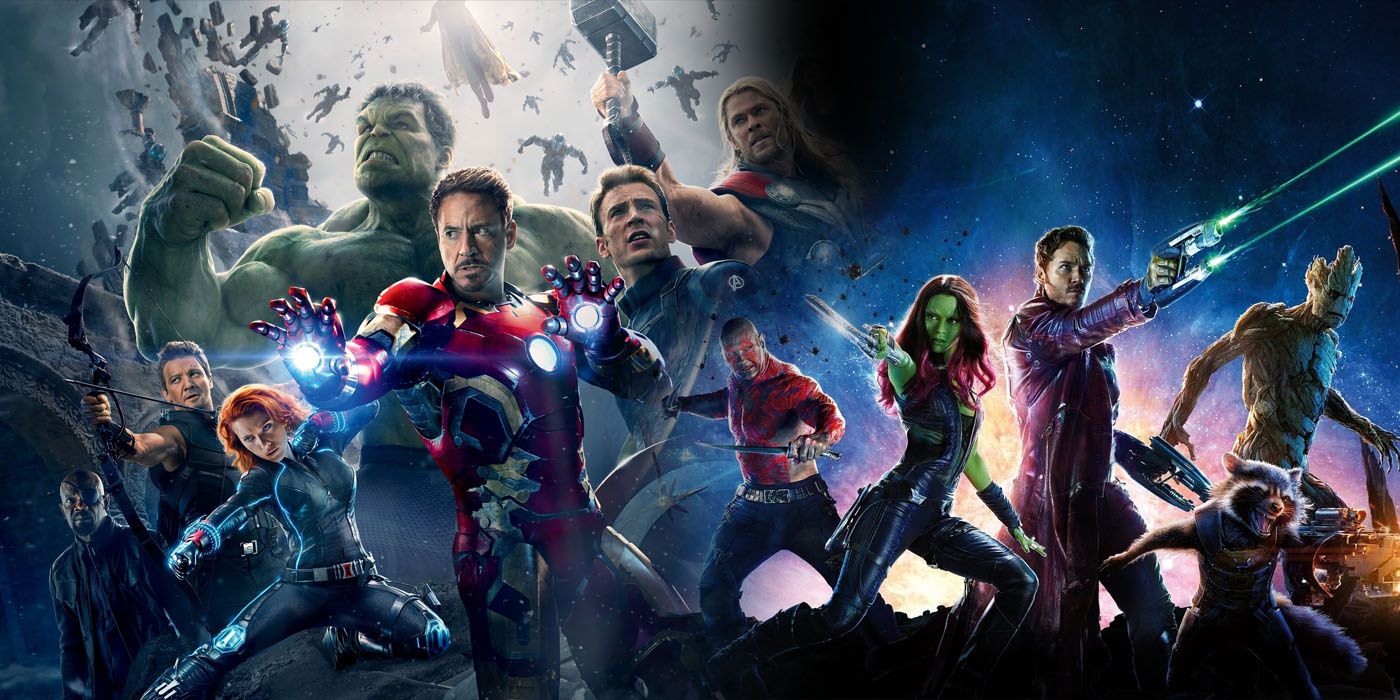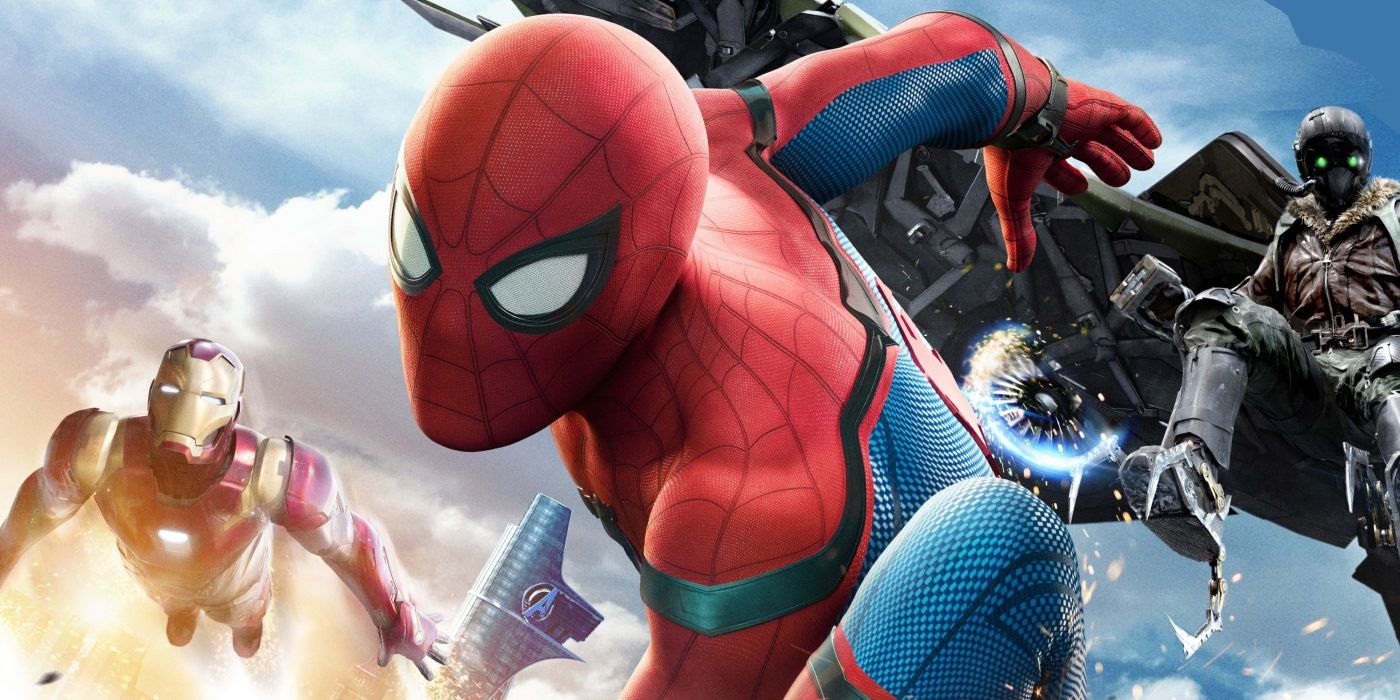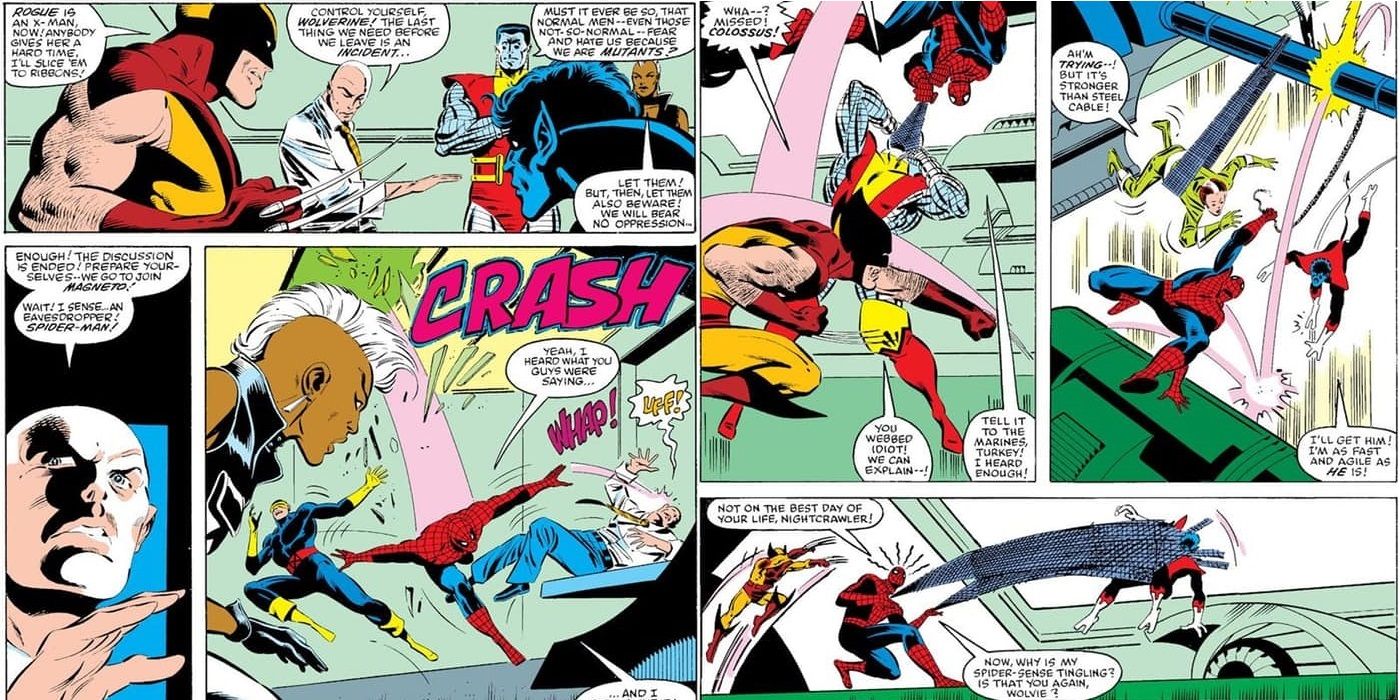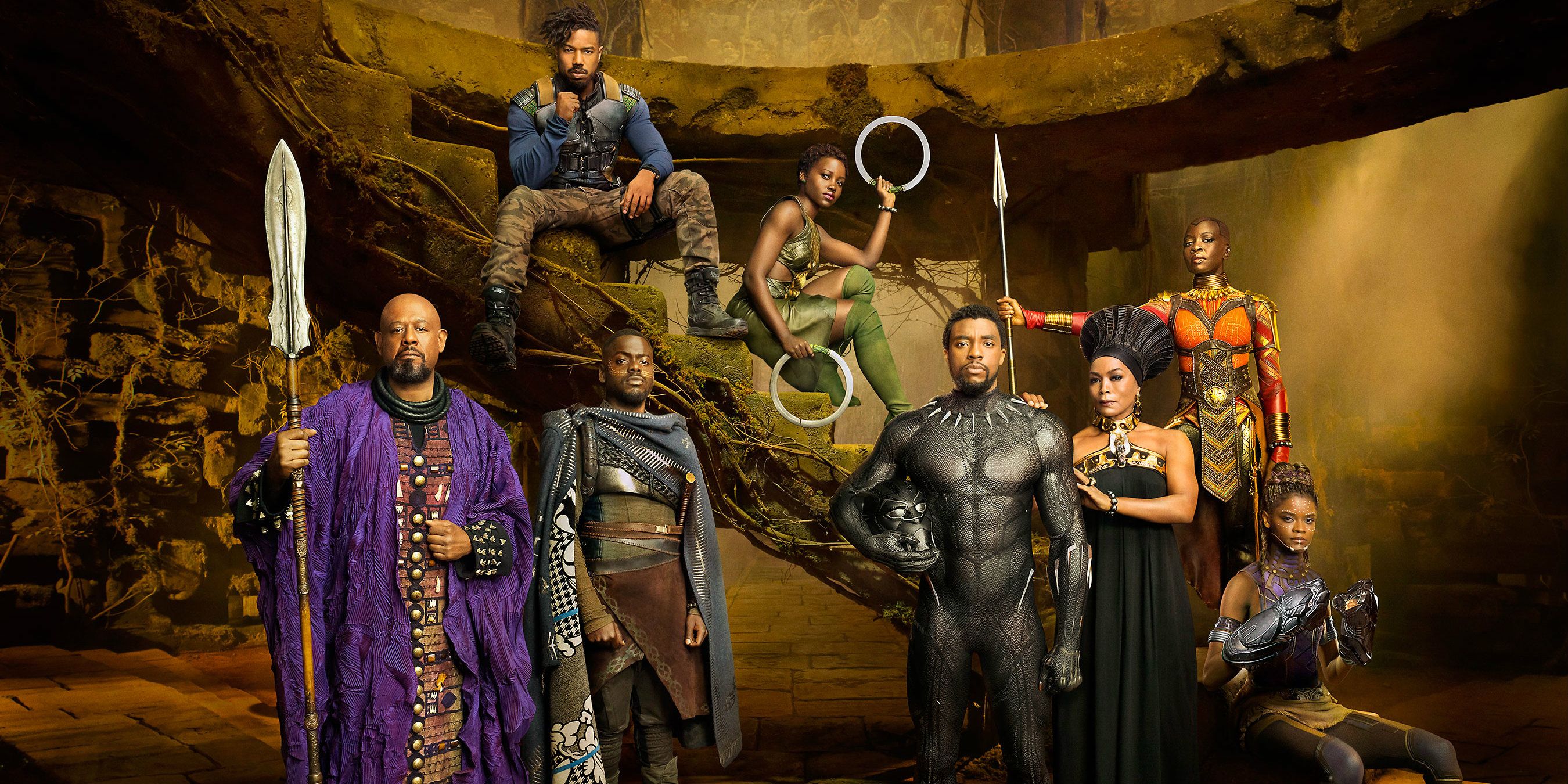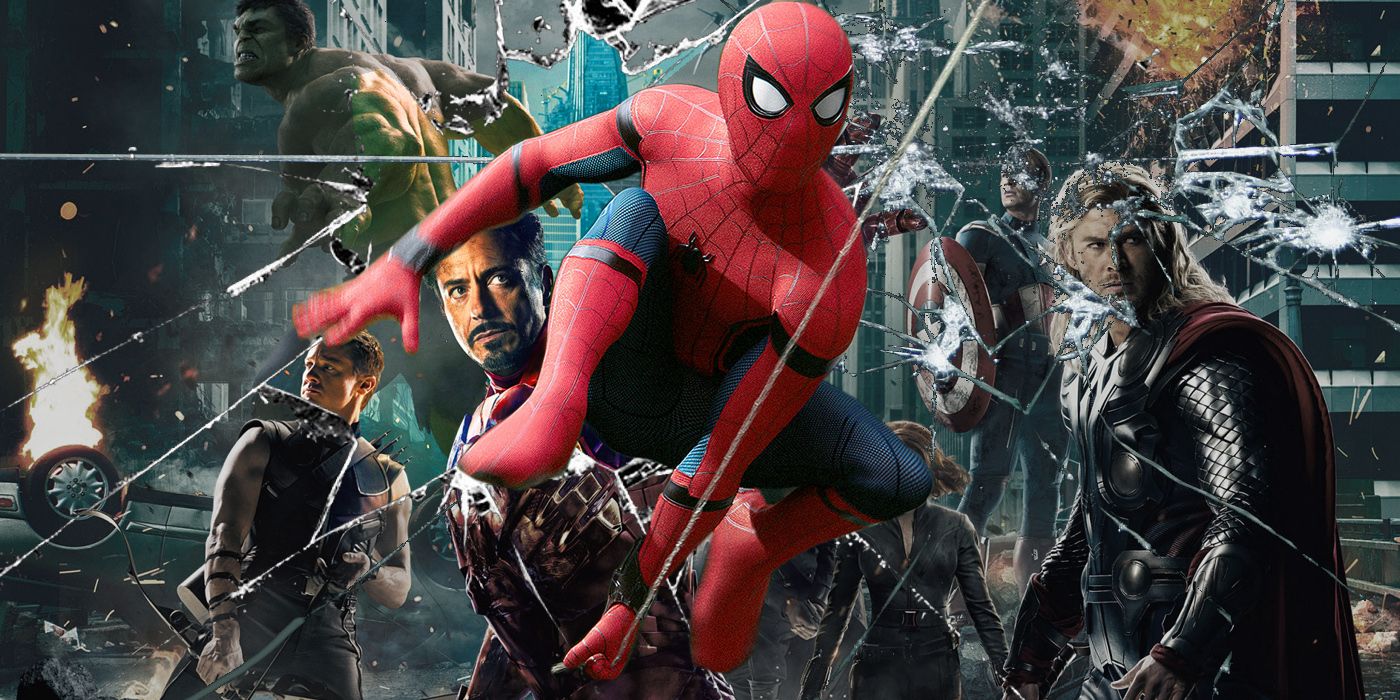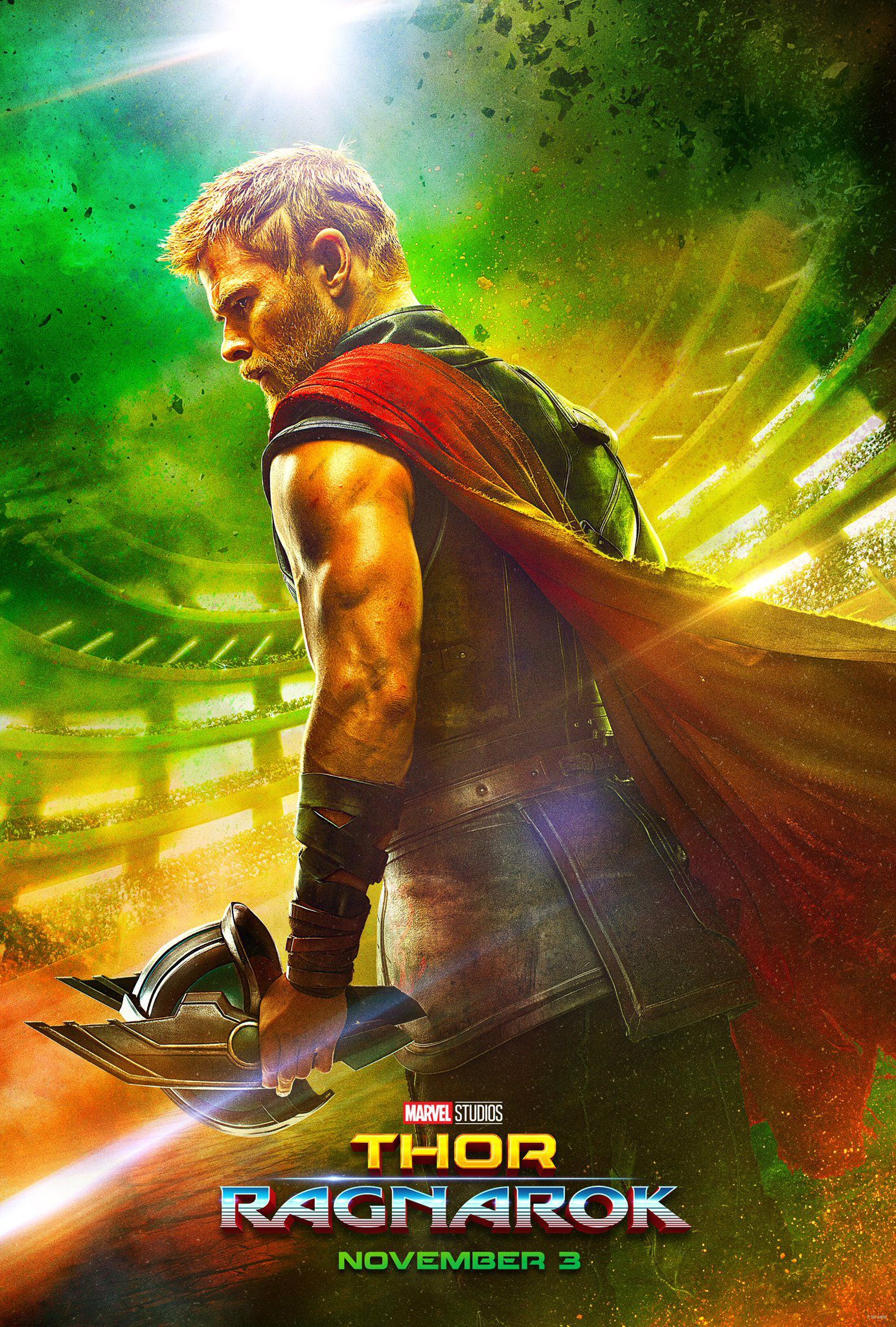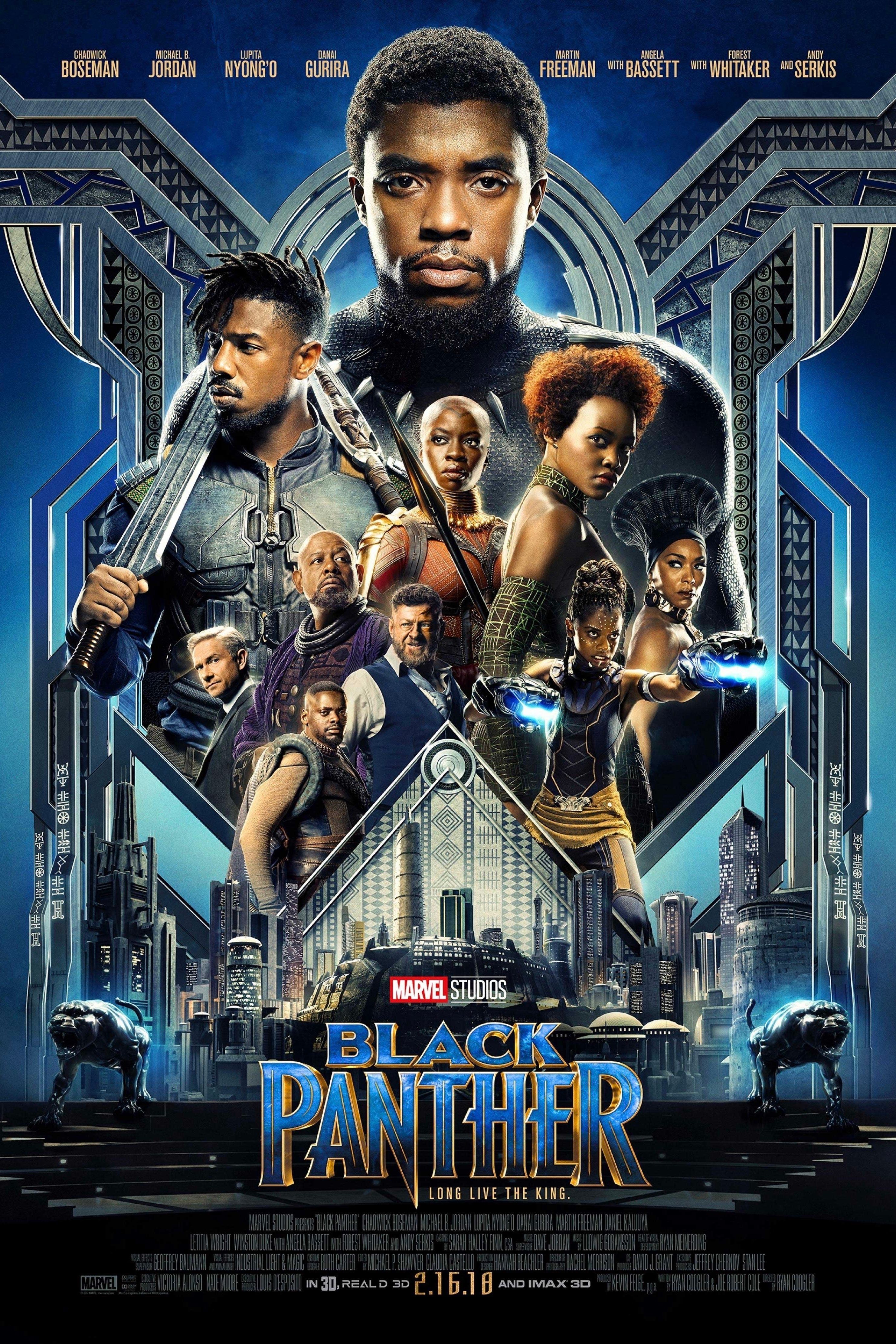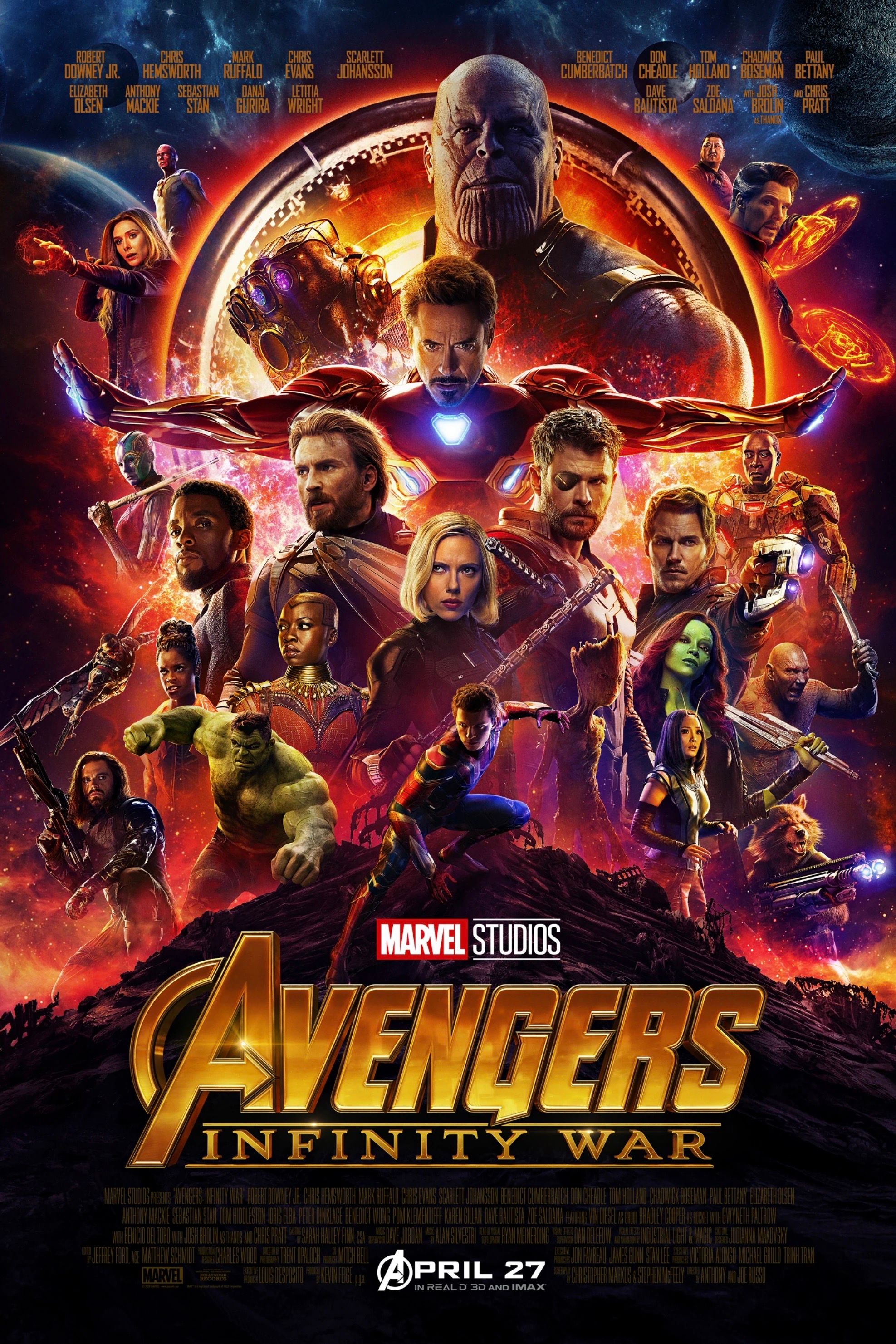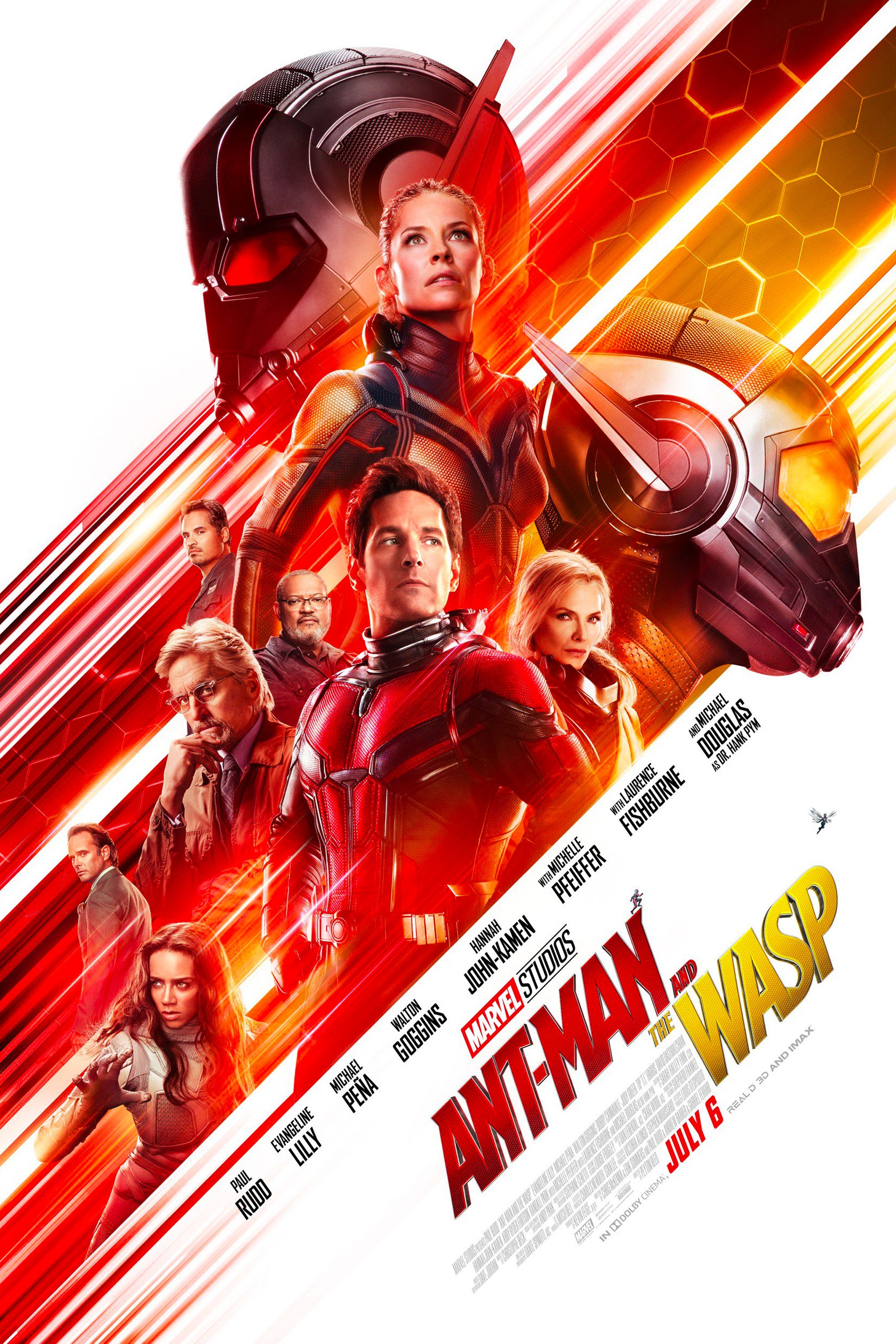Warning: SPOILERS ahead for Spider-Man: Homecoming
-
Spider-Man: Homecoming has been received with overwhelming positivity, with even many of the non-glowing reviews agreeing with the praise for its lighthearted humor, Tom Holland's starmaking lead performance and the realistic diversity of Peter Parker's 21st century supporting cast. One other subject that has dominated the film's reception, however, is the degree to which it relies upon characters, iconography and story threads from other films in the Marvel Cinematic Universe in order to speed its storyline along.
Indeed, if one opts to count Captain America: Civil War as a "team-up" feature à la the Avengers films, Homecoming is seemingly the least "self-contained" of the solo MCU movies since at least the infamously setup-focused Iron Man 2. Homecoming's storyline picks up directly following Civil War (where the MCU's Spider-Man debuted), Peter spends a tremendous amount of time interacting and/or trying to interact with Tony Stark and Happy Hogan, and at his school video-taped messages from Captain America loom larger than his teachers. This extends into the main villain story: The Vulture (Michael Keaton) is a blue-collar construction worker turned illegal weapons manufacturer when he lost out on the lucrative post-Avengers NYC cleanup job to Tony Stark's own company, outfitting himself and his minions with gear pillaged from various superhero-battle disaster zones and scheming to rip off The Avengers' own equipment cache when Stark moves locations post-Civil War.
With all that external influence at play, it's easy to see how some could find following (or investing in) the main narrative to be less than worth the effort. After all, how compelling can Peter Parker's teenage angst be when even the bad guys' junk drawer keeps reminding us that there are alien invaders, Ultrons and fugitive ex-Avengers kicking around somewhere out there? But for many audiences and film-writers, the scenario has re-centered the most longstanding question of Marvel's ambitious Cinematic Universe project: Do we really need to have watched all of the other films, television shows and Neflix series preceding each new installment in order to get the full experience - and if so, does that mean an individual film is "less good" on its own merits?
WEB OF SPIDER-MAN
The answer, in the immediate, is no - Spider-Man: Homecoming doesn't really require you to have seen most or all of the preceding films. What information is necessary to know (there was an alien invasion of New York City, it was beaten back by a team called The Avengers who are now broken-up because of something called "The Sokovia Accords," Peter Parker was conscripted to help one group of them fight the other a few months ago in Germany) gets parceled out handily in the plot, as does the source of Peter's superpowers (radioactive spider-bite) and other sundry minor details. While it's kind of hard to imagine that anyone actually is walking into any Marvel film at this point without having seen one or two of the other films/shows or at least absorbing the general idea through cultural osmosis (we'll talk more about that in a bit...), if they have and happen to buy a ticket for Homecoming they'll almost certainly be able to follow it.
However, the question of whether or not it will "matter" as much is somewhat more nuanced. Spider-Man: Homecoming is an intentionally lightweight superhero film, fixated on its teenage hero's personal troubles in High School over the bigger machinations of the Cinematic Universe he lives in. It's a well told story, however small, but its nonetheless very possible that audience's coming away with the sense of it as a "major blockbuster" are bringing a lot of that extra thematic weight with them. To use the most prominent example: When Peter Parker declines full membership in The Avengers at the end of the film, Tony Stark and Happy Hogan scramble over how to handle a now-stymied press conference with a third party who turns out to be Gwyneth Paltrow's Pepper Potts. As a standalone moment, it's a funny joke ("They weren't testing him at all - Peter totally blindsided the grown-ups!"); but for full-court Marvel devotees that scene is a huge moment. Tony and Pepper are back together after being broken up during the events of Civil War, and Tony (maybe?) proposes marriage - a plot point that, if followed through, is almost a decade in the making.
On a smaller scale, this also applies to the film's main villain threat. In terms of the story as presented, you kind of have to take the various characters at their word that The Vulture's weapons being out in the open are a big deal (the two biggest debacles they cause are "assisted" by Spider-Man's own overzealousness)... unless, that is, you've watched Agents of S.H.I.E.L.D., Luke Cage and the short "one shot" film Item 47, where super-scale weapons making their way into the hands of common criminals have regularly had dire consequences. Even then, none of those instances have (yet) been labeled as having originated from Vulture's gang - though they could be (in much the same way that we've now "learned" that Peter Parker was in Iron Man 2). And thus we have Marvel's game, in a nutshell: You don't "need" to see everything, but sometimes it helps... and that makes you feel like you need to.
CONTINUUM
There's no real starting-point to determine where superhero comic-book continuity "officially" started to be a defining feature of the genre. It was ported in from the pulp and writers-circle magazines that preceded the medium in popular culture, and versions of it can be observed in the earliest books "unifying" multiple stories by setting or subject. What's clear (and needs to be understood) is that it didn't necessarily originate because the writers were all eager to experiment with universe-juggling. It was a marketing device, popularized as a way to use cameos and "to be continueds" to get readers of one series to try and buy others - plain and simple.
Time was, continuity only ever mattered as much as writers wanted it to matter (in terms of storytelling and avoiding angry letters from eagle-eyed fanboys). But from the Silver Age (early-60s to late-1970s) onward, the combination of a growing teen-to-adult readership and fans-turned-professionals creators led to the Marvel and DC Universes being more strictly codified and maintained; still with a focus on driving sales but now with the added angle of keeping longtime readers by (for lack of a better descriptive) "flattering" their sense of pride at keeping track of all that information.By about the end of the Silver Age. and continuing up through the present, superhero universes grew denser and more mythos-reliant because being able spot the references and/or be "moved" by a callback to events from a decade ago gave longtime readers (more important than ever as younger generations abandoned comics for other media) a satisfying sense that their loyalties were being "rewarded."
It's a version of that very rewarding feeling that Marvel Studios has successfully ported over into the film industry. In reality, the revelation that Nick Fury ordered up that surprisingly still-working Helicarrier at the end of Avengers: Age of Ultron by placing a call to Phil Coulson's underground operation on Agents of S.H.I.E.L.D. doesn't actually add anything vital to the narratives of either the film or the TV series, but if you're a fan who watches everything Marvel puts out you get a small sense that your attentiveness has "earned" some extra information that not everyone has. Meanwhile, Marvel hasn't really denied the more casual audience anything truly vital. And on both ends, it's the ultimate example of Marvel's ability to "mainstream" what used to be bastions of niche nerd-culture - the secret is out: "continuity porn" (noticing background details, recognizing callbacks, delighting at favorite-character cameos, casually imagining how the Infinity Stone nonsense might come together) can be a lot of fun.
As corporate-media sleight-of-hand goes, it's a doozy of a trick - one that seems simple, but which every other "Cinematic Universe" project has thus far struggled to pull off effectively. Yet despite how much the word "genius" will probably be forever thrown in the direction of MCU architect Kevin Feige (who, at this point, deserves it if anyone in Hollywood does), perhaps the most notable aspect of Marvel's industry-reshaping success story is the role played by timing: The Mighty Marvel Miracle happened at exactly the moment it did because it couldn't possibly have happened before.
Next Page: [valnet-url-page page=2 paginated=0 text='The%20Ubiquity%20Gauntlet']
THE UBIQUITY GAUNTLET
"Cinematic Universes" have been tried before, and they largely didn't work. The most successful were the Universal Monsters and Toho's Godzilla mega-franchise, both of which regarded inter-film connectivity loosely at best. It's easy to see why: Comic book continuity worked out in the Silver Age in large part because the various books "lived together," either on magazine racks or in the collections of young fans, so frequently the other parts of a (seemingly) connected story-point were seldom far off when sought; and this ease-of-access increased exponentially when the medium moved into comic shops in the 80s and then started spawning animated series, feature films and toy lines in earnest in the 90s - an era where readership of Marvel's already-popular X-Men absolutely exploded because legions of readers-to-be had already absorbed the broad-strokes of its complicated backstory from an animated series on Fox Kids.
In 2017, film, TV and streaming platforms criss-cross each other to an utterly unprecedented degree - forming an all-encompassing media grid that the Marvel Cinematic Universe has both taken full advantage of and also could not functionally exist without. The unlikelihood of viewers who weren't already devout fans retaining vast stores of continuity details - the very thing that made shared-continuity a pipe dream in the past - has been rendered moot by a media landscape that keeps said details hovering in the cultural-ephemera in self-sustaining perpetuity. The average Marvel movie arrives in theaters following a full year of trailers, preceded by a teaser at the end of the previous film and every entertainment news outlet who wants to stay in business breathlessly reporting on the comic-book backstory of each newly-cast character, will stay on multiplex screens until the theatrical window closes and it hits cable, on-demand and DVD usually just in time for the next new Marvel film to hit screens; with that previous film on its way to begin basic-cable re-run immortality right on schedule to participate in the hype-machine for its own sequel.
At this point, you have to actively try to not "pick up" the basics of the Marvel Universe if you have any media engagement at all. There's almost always a new one in theaters, the "old" ones are always somewhere on TV waiting for you to surf past, they're right at the top of Redbox and waiting when you turn on Netflix (along with four - soon to be six! - streaming series set in the same timeline plus Runaways coming to Hulu.) On "regular" TV, Agents of S.H.I.E.L.D. is entering its fifth prime-time season, soon to be joined by The Inhumans on the same network with Cloak & Dagger and Squirrel Girl & The New Warriors set to launch a few channels over next year. The MCU actors - locked into multiyear contracts - are always asked about their next turn in spandex on every talk show appearance regardless of what they came to promote. It's simply everywhere; an entire menagerie of characters and bric-a-brac all invested with the kind of "everybody knows" omnipresence that used to be reserved for the likes of Mickey Mouse or Homer Simpson.
AVENGERS FOREVER
That (all of that) is how you wind up with a scenario where even people with absolutely no interest in ever watching a Marvel movie have not only heard of and grasp the concept of the Marvel Cinematic Universe, but can probably name at least three of the Avengers and at this point may have even heard the word "Infinity Stone" kicked around enough to have formed a not-far-off educated guess as to what they are (though, granted, "magic rocks" is a pretty broad concept to begin with). The MCU is in the air, and if you engage with pop culture at all you've been breathing it in for almost a solid decade now.
The question of whether or not you "need" to watch them all is by now completely moot: Eventually, you're probably going to watch one of them - and when you do, chances are pretty good that all those little data-particles about super-soldier serums, gamma rays, Asgard, vibranium and S.H.I.E.L.D. that you didn't realize your psyche was keying into via pop-culture osmosis are going to click into place and give you your first hit of being "in" on the grand sweeping pop-myth of the moment. Marvel's (pretty safe) gambit is that the feeling of in-crowd welcomeness will make you that much more fond of whatever you just watched even if it's only a fun little action movie otherwise.
Fond enough to spend a weekend binging through the Iron Man, Cap, Thor, Hulk, Ant-Man, Spidey, Avengers and Guardians movies, four seasons of S.H.I.E.L.D., two miniseries of Agent Carter, two seasons of Daredevil and one inaugural run each of Jessica Jones, Iron Fist and Luke Cage? No, probably not. But the sequel to the one you just watched, at least? Sure, yeah. And wait... that other person was fun, too - maybe give their movie a look as well, why not? Wait - they're both Avengers? Sure, okay, let's watch one of those just to see what the fuss is about - and is Sam Jackson in all of these? Because I like him a lot. Do the magic rocks come from space? I've heard the space movies are funny and have good music - when's the next time that's on?
And before you know it, they've got you - like they've got the whole wide world, at least for the time being. It's actually never been less necessary for you to watch watch the whole of Marvel's catalog because, at this point, they've got the whole culture feeling like they already have - and that what they "need" to do instead is watch the next one.

